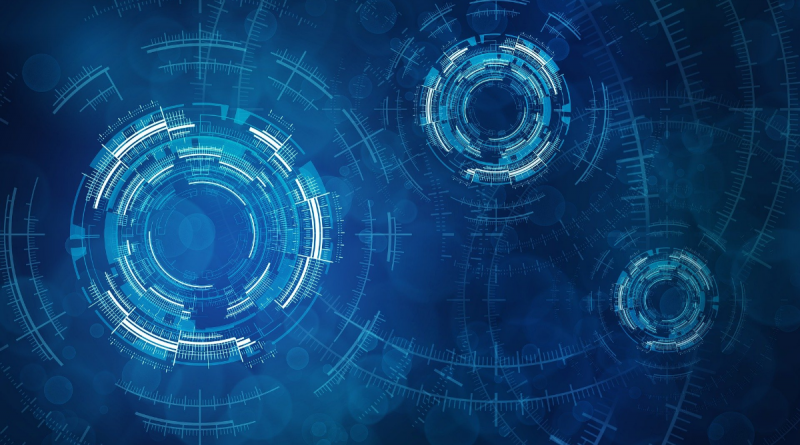Reports on AI Regulation from the EU
Artificial Intelligence (AI) is the dot-com bubble of this decade. It has brought a next-level advancement in already existing technologies and has also introduced several new ones. We can witness AI systems all around in our lives: from smart homes to connected and automated vehicles, mobiles to personal assistants like Google home, agriculture, infantry management, healthcare, etc. This is a very promising technology that can solve several problems of humankind.
However, this technology is not spared from its banes. It has the potential to discriminate between humans, violating their rights, and could also be used with nefarious intent. During testing, Face recognition AI systems were found to be discriminating against people of colour and woman. Apart from that, use of artificial intelligence for developing intelligent weaponry is also one of the scary sides of this technology. Great scientist Stephen Hawking and Elon Musk have already called artificial intelligence a potential threat to humanity. These considerations make it very important for the policy makers across the globe to make some ground rules for development, deployment, and usage of Artificial Intelligence and Robotics.
Recently on 20th October 2020, the European Parliament adopted three reports on AI regulation in the EU. The reports aim to boost innovation while ensuring safety and protection of civil liberties of Europeans. This is amongst the first legislative proposals across the globe to regulate complex arena of Artificial Intelligence. This proposal tries to balance the opportunities and threats of AI by analyzing its impact on personal, social and economic aspects of human life.
The reports focus on three key areas:
- Ethics framework for AI
- Liability for AI causing damage
- Intellectual Property Rights
Ethics Framework for AI
Through this proposal, Iban Gracia Del Blanco urges the European commission to outline new ethical principles and legal obligations for the development, deployment and usage of artificial intelligence, robotics and related technologies in the Union. The guiding principles include:
- human centric and human made AI,
- safety,
- transparency and accountability,
- safeguards against bias and discrimination,
- right to redress,
- social and environmental responsibility and
- respect for privacy and data protection
This proposal also demands constant human supervision of self-learning artificial intelligence systems. In case of any serious breach of ethical principles by the AI, the self-learning capacities must be disabled and human control must be restored over the functions of such AI system.
Liability for AI causing damage
The framework on the liability for AI causing damage is proposed to be human centric and consistent with the Charter of Fundamental Rights of the European Union. This framework ensures that the AI (physical or virtual) that can harm or damage life, health, physical integrity, property, or that causes significant immaterial harm, should be governed by this framework. This framework makes high-risk-AI strictly liable for any damage resulted from its actions. This framework will help in establishing the liability for the damages caused by the AI systems.
Intellectual Property Rights
The Intellectual property right of human creators should not be adversely affected by the artificial intelligent systems. Artificial intelligence systems are capable of creating art work and develop machine as well as unique solutions. This gives rise to the question as to who should own the copyright or patent over the intellectual works created by the AI. This framework proposes that AI should not have a legal personality or personhood and ownership rights of the intellectual work cannot be invested in Artificial Intelligent system.
Conclusion
This is one of the first steps taken worldwide to regulate the Artificial Intelligence. In near future we can see several rules and policies to govern this domain nationally and internationally.
The original EU document can be found here.
Do subscribe to our Telegram channelfor more resources and discussions on technology law and news. To receive weekly updates, and a massive monthly roundup, don’t forget to subscribe to our Newsletter.
You can also follow us on Instagram, Facebook, LinkedIn, and Twitter for frequent updates and news flashes about #technologylaw.

